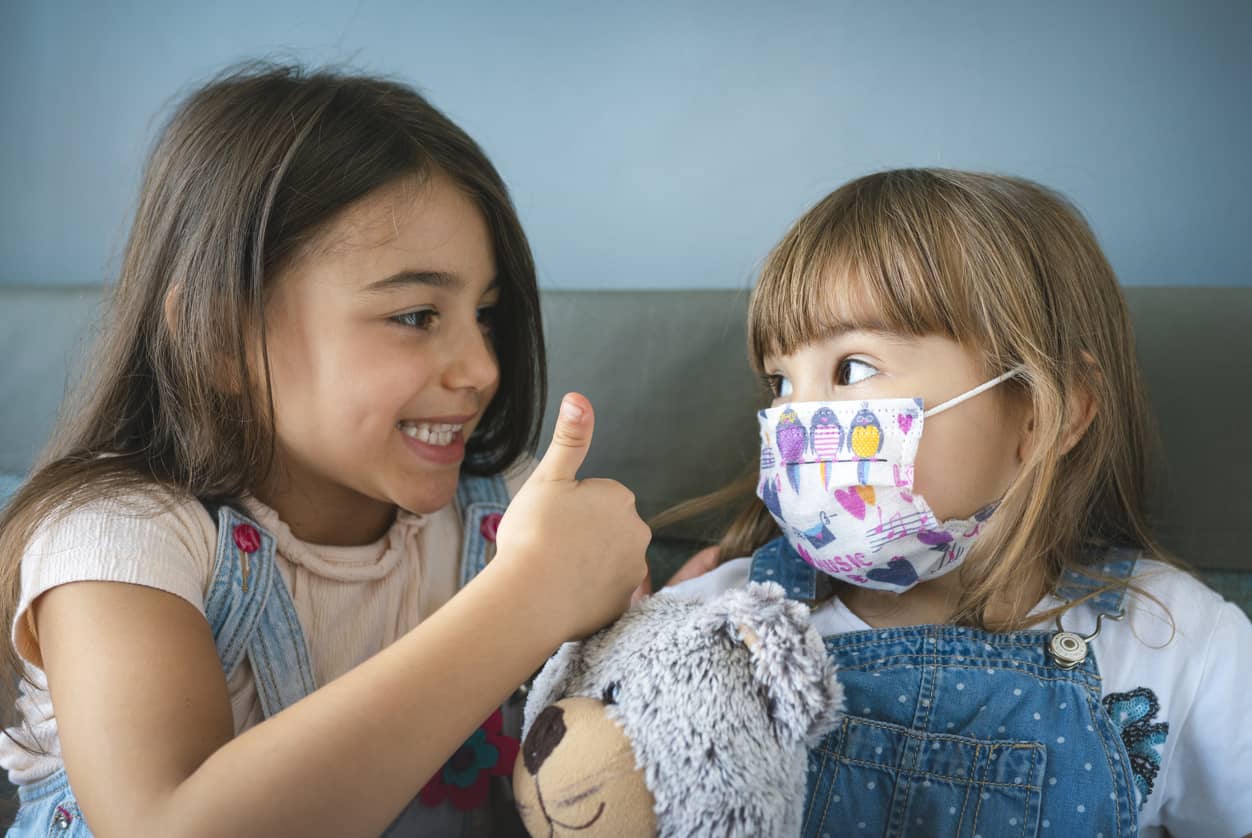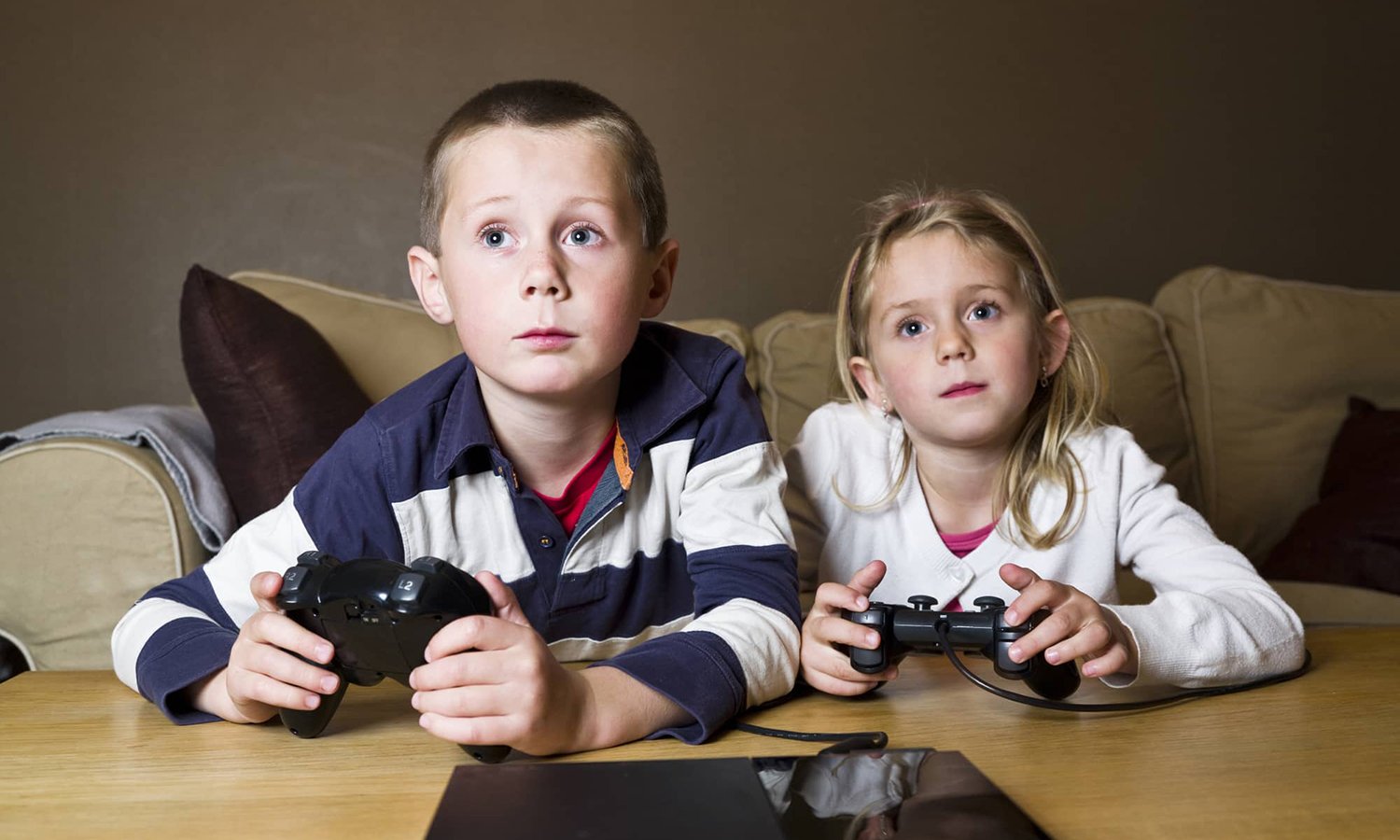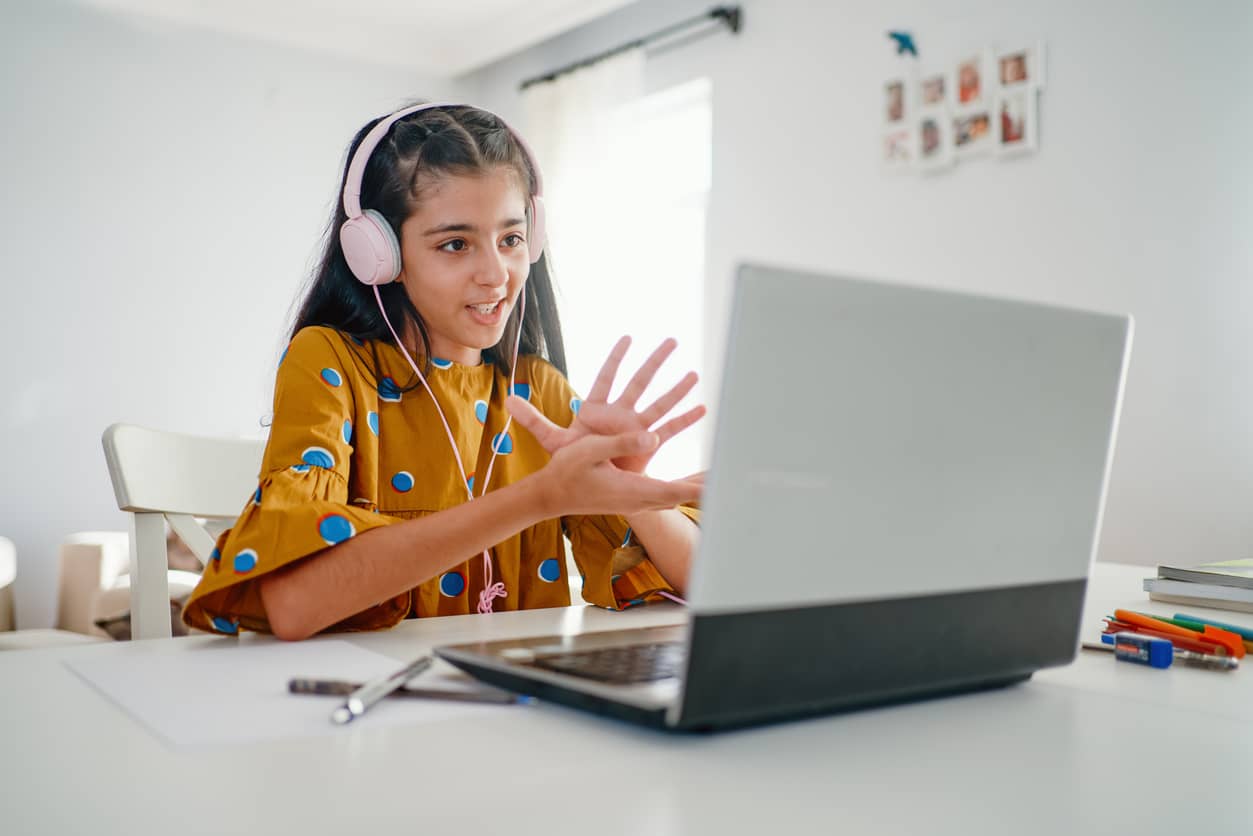Many of us still remember how shy we were as kids. It can be difficult to make friends when you’re figuring out who you are and what you’re interested in. However, the pandemic added another layer of stress and developmental challenges for parents and teachers. During challenging times, it's vital to find strategies to help your child cope with the stress, make friends, and maintain friendships.
Giving children and teens emotional intelligence skills early on creates greater resiliency to last a lifetime!
Estimated reading time: 3.5 minutes
The Importance of Encouraging Social Skills
Social skills don’t come easily to everyone. For most children, they need to be developed over time.
One study revealed that close friendships are associated with well-being, happiness, and higher self-esteem. But how do you assist your children in developing the social skills that they need, particularly during stressful times or in retrospect of the limited social interactions during the pandemic? Let's learn from that time!
Actions to Teach Your Child to Improve Social Skills
Ask Children Questions
There’s a common fear in any social situation: the conversation will come to an abrupt halt, and neither person will know what to say. If your child stresses about this possible outcome, you can teach them ways to keep the conversation going. One way is to ask questions about the other person—if there’s one thing that kids like to talk about, it’s themselves! This communication bridge takes the pressure off your child to find a new talking point. If your kid asks a friend about what they like to do or their favorite subject, they might discover that they have a common interest.
Create Common Ground
Sometimes, it’s hard for kids to have a conversation one-on-one. If both of them are doing a task, it can be easier to talk with a friend. When children play on the same team, they work together toward a shared goal, making camaraderie come more easily! Perhaps, encourage them to do joint projects or play games online with their friends. It allows them to converse without social pressures.
Help Children Develop Positive Self-Talk
One of the things to talk to children about as a parent is their self-talk. If their self-talk and inner chatter are negative, discouraging, or critical, it’s more likely that socializing will be difficult. Teach them to encourage themselves internally, especially before social interactions.

Practice Empathy
One of the essential parts of any friendship is being empathetic to the experiences and challenges of a friend. Empathy creates a support system that lifelong relationships are built on. When children show understanding to their friends, they become a go-to, and kids like being around them.
Another way for your child to show empathy is to share toys and belongings. For example, if another kid wants to use the most popular toy in the classroom, encourage your child to give them a turn with it. No one wants to be friends with the kid who hogs all the toys. But the one who shares them? They will certainly be more popular.

Increase Attention to Body Language
Both adults and kids pick up on all sorts of little cues during conversations. Signals like eye contact, hand gestures, and nodding or smiling all indicate that someone is engaged in a conversation. This type of body language comes naturally to some, but it’s a skill that needs to be developed for others. Encourage your child to show that they’re interested in a conversation using friendly facial expressions and other social cues. And teach them to observe their friends’ cues so they can find opportunities for empathizing.
Promote Acceptance
Remember to tell your child that there is nothing wrong with being who they are whether they are, perhaps a bit shy or if they’re the life of the party. Everyone is different; some children love to be the center of attention, while others are more introverted. Both are okay! Being themselves is the best way to make friends.
Encourage Socializing Regardless of Circumstances
Teaching your children social skills during the pandemic was more challenging. Even when many kids were often unable to see their friends, it was much harder to make friends, too. Therefore, you need to find other ways to support them when social contact is limited. Be creative. Get your children involved in solutions.
Make a Schedule that Supports Needs
Staying home all day was fun initially during the pandemic, but as many of us know, it lost its charm quickly. Your child missed their classmates and teachers and their sports activities.
When things are unpredictable, it often creates stress. When life throws us curveballs, a stabilizer is to give your child a sense of normalcy by creating a daily routine. Little things like regular waking and sleeping times, meals at consistent intervals, and reoccurring habits (reading time, playtime, and a daily walk) can help soothe their anxiety. And don't let them just plug into Playstation or television; create opportunities for engaging with the family.

Limit Screen Time
Children spent more time than ever online during isolation, whether it was for schoolwork or playing games. However, it’s still important to limit your kid’s time in front of a screen to a reasonable amount. This limit will leave time for healthier activities like playing outside, reading books, and spending time with family.
Let's be thankful how the isolation created by the pandemic gave us all new tech skills—now, let's use them to stay closer to those we love from afar!
Related reading: “Teens and Screens—Why Do Teens Love Screens So Much?”
Set Up Play Dates for Socializing
When your child can’t see their friends in person, they can still interact. Set up video calls for your child and their peers. When your kid knows that their friends miss them, it can give them a much-needed sense of belonging. Although best in person, play dates are a wonderful way to build friendships and allow for socialization.

Talk About What’s Going On
It’s normal for your child to be confused when many of their normal activities are limited. Regardless of the challenge, very young may not grasp the situation although they can still sense stress in others. When children are older, they might feel anxious.
It’s vital to keep an open dialogue about difficulties so that your child knows they can bring up any concerns they have. It’s a hard balance to strike—you want your child to be informed, but you don’t want to unsettle them with too many details. While answering their questions, stay focused on the positives; remind them that this situation won’t last forever, and a vaccine is on the way.
If your child is dealing with anxiety or depression that interferes with their daily life, it is often beneficial to give your child coping skills and ways to self-calm. And if the emotions get unwieldy, consider scheduling a meeting with a children’s counselor. A recent study found that cognitive behavioral therapy (CBT) is an effective treatment for children with anxiety disorders.
Closing Thoughts
Parenting is challenging enough as it is, but it was much more complicated than ever during the pandemic. And we may still be feeling the effects of that time. Even when you are stressed as a parent, it's imperative to give support to your child during any uncertain time. The stress may come from moving to another state, a parent going back to school, or the loss of a loved one. If the pandemic taught us anything, it was to appreciate each other!
So be sure to make time for self-care!
By using the above strategies, your child will learn to develop their social skills and cope during any time of change. Struggles and hardship can make us stronger and our perspective determines how we feel about it. Stay encouraged!
Related reading: “Bringing Preciousness Back into Family Time.”
If you'd like parenting coaching or want to attend parenting workshops, check out Heartmanity's parenting resources. We're here to help!
Thank you to Veronica and the team at https://www.kidthink.ca/










